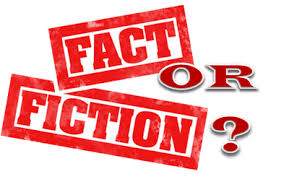 Reverse Mortgages – What’s true and what’s not?
Reverse Mortgages – What’s true and what’s not?

My income tax will go up
Money from a reverse mortgage is not considered income, so it is not taxable. However, we do recommend consulting a trusted financial advisor when considering a reverse mortgage.
My home must be paid off to qualify
Actually, many borrowers use the reverse mortgage loan to pay off their existing mortgage and eliminate monthly mortgage payments. *Borrower is still responsible for property taxes, homeowner’s insurance and HOA dues if applicable.
My heirs won’t be able to inherit my estate.
Borrowers may will the home to loved ones as they wish, and heirs may still choose to sell or keep it after repaying the loan. There are also various methods that borrowers or heirs can use to repay the loan when it is due. The lender cannot access any other estate assets to repay the loan.
I could be kicked out of my home.
You cannot be forced out of your home as long as taxes and insurance are paid, at least one borrower lives in the home, and the home is maintained in reasonable living condition.
My heirs could end up having to pay back more than the home is worth.
Reverse mortgages are non-recourse loans. Even if the loan balance grows to exceed the home value, you or your heirs will not be required to repay more than the value of your home at the time of sale.
I’m going to outlive the reverse mortgage.
As long as the terms of the loan are met, a reverse mortgage only becomes due when all borrowers have moved out of the property.
The bank will own my home.
Reverse mortgage borrowers retain full ownership of their homes.
It’s going to make me ineligible for needs based government programs.
A reverse mortgage does not affect your eligibility for Social Security or Medicare. However, for Medicaid, you must make sure that the funds you withdraw do not exceed Medicaid limits.
